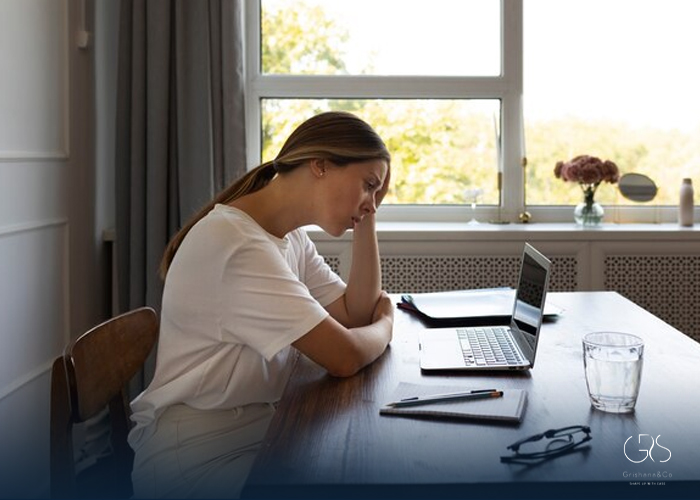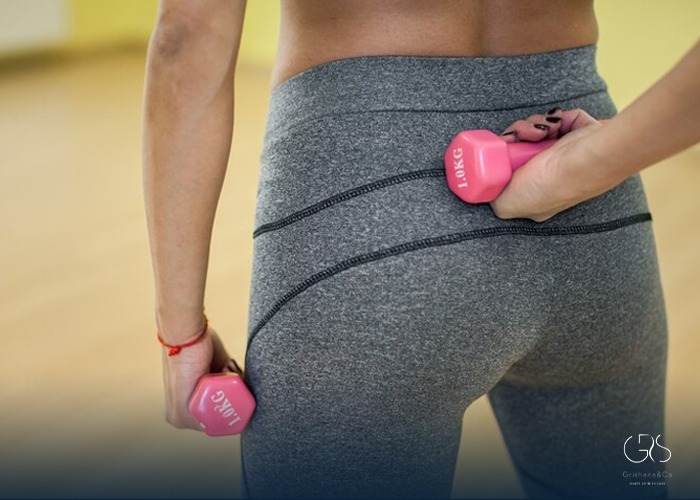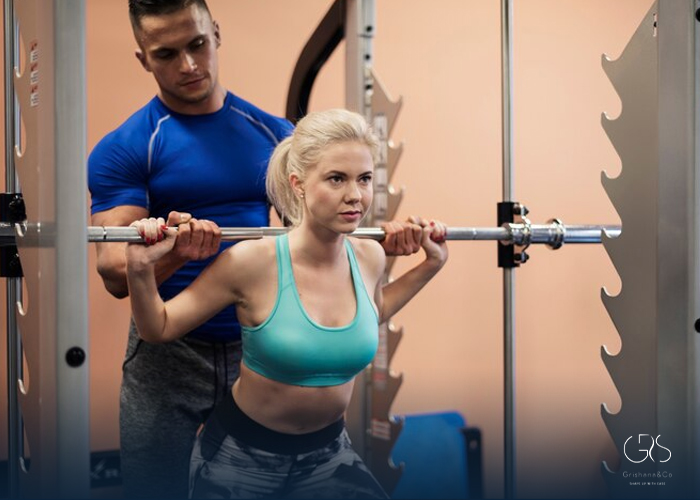A well-rounded, firm posterior is not only aesthetically appealing but also plays a vital role in our daily activities and overall health. However, some individuals may face the challenge of having a flat butt. In this article, we will explore the causes of a flat butt, share relevant statistics, provide tips on enhancing gluteal muscles, and offer a diverse perspective on this phenomenon.
Causes of a Flat Butt:
Genetics: Genetic predisposition can play a significant role in determining the shape and size of our buttocks. Some individuals may have inherited a lower amount of muscle mass in this area, resulting in a flatter appearance, regardless of their efforts.
Sedentary Lifestyle: A lack of physical activity and prolonged periods of sitting can weaken the gluteal muscles, leading to muscle atrophy and a flat butt.

Aging: As we age, our muscles tend to weaken and lose their tone. This can affect the gluteal muscles and contribute to a flatter buttock appearance.

Tips for Enhancing Gluteal Muscles:
Strength Training: Incorporating compound exercises such as squats, lunges, deadlifts, and glute bridges into your workout routine can help target and strengthen the gluteal muscles.

Proper Nutrition: Consuming a balanced diet that includes sufficient protein and healthy fats can support muscle growth and development in the buttock region.
Resistance Band Exercises: Utilizing resistance bands during exercises like kickbacks, side leg raises, and fire hydrants can provide additional resistance, effectively engaging the glute muscles.
Diverse Perspectives on Flat Butt:
It is essential to recognize that different body shapes and sizes should be celebrated. Beauty standards and ideals can vary across cultures and societies, and what may be considered desirable in one community may not be the same in another. Embracing diversity and promoting body positivity are crucial for fostering a healthy and inclusive environment.
Conclusion:
While genetic factors and a sedentary lifestyle can contribute to a flat butt, incorporating strength training exercises, maintaining a nutritious diet, and adopting a positive body image can help individuals achieve their desired gluteal shape. It is important to remember that the definition of an ideal body varies, and promoting diversity and self-acceptance should be encouraged.
Sources
- Medical News Today, Everything you need to know about having a flat butt
- Harvard Health Publishing, Why our butts are getting bigger
- Cleveland Clinic, Why does my rear end go flat as I get older
- Healthline, How to Build a Bigger Butt: Workouts and Foods for a Beautiful Booty
- SELF, 8 Resistance Band Exercises for a Total-Body Workout





